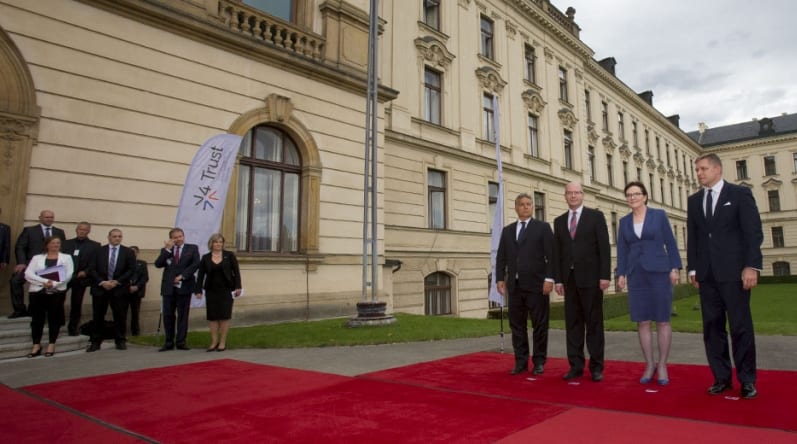Eric Watson
Eric Watson holds a Master Degree in Finance from Yonsei University and currently works at MotionPoint where he helps Fortune 500 companies expand their business globally. He previously served as the editor in chief of the The Yonsei Journal of International Studies. His current research interest is the development of new manufacturing technologies and the new national policies necessary to encourage their efficient and egalitarian adoption. He completed his bachelors degree at Arizona State University (ASU) in 2010 with a degree in Political Science (Honors).
